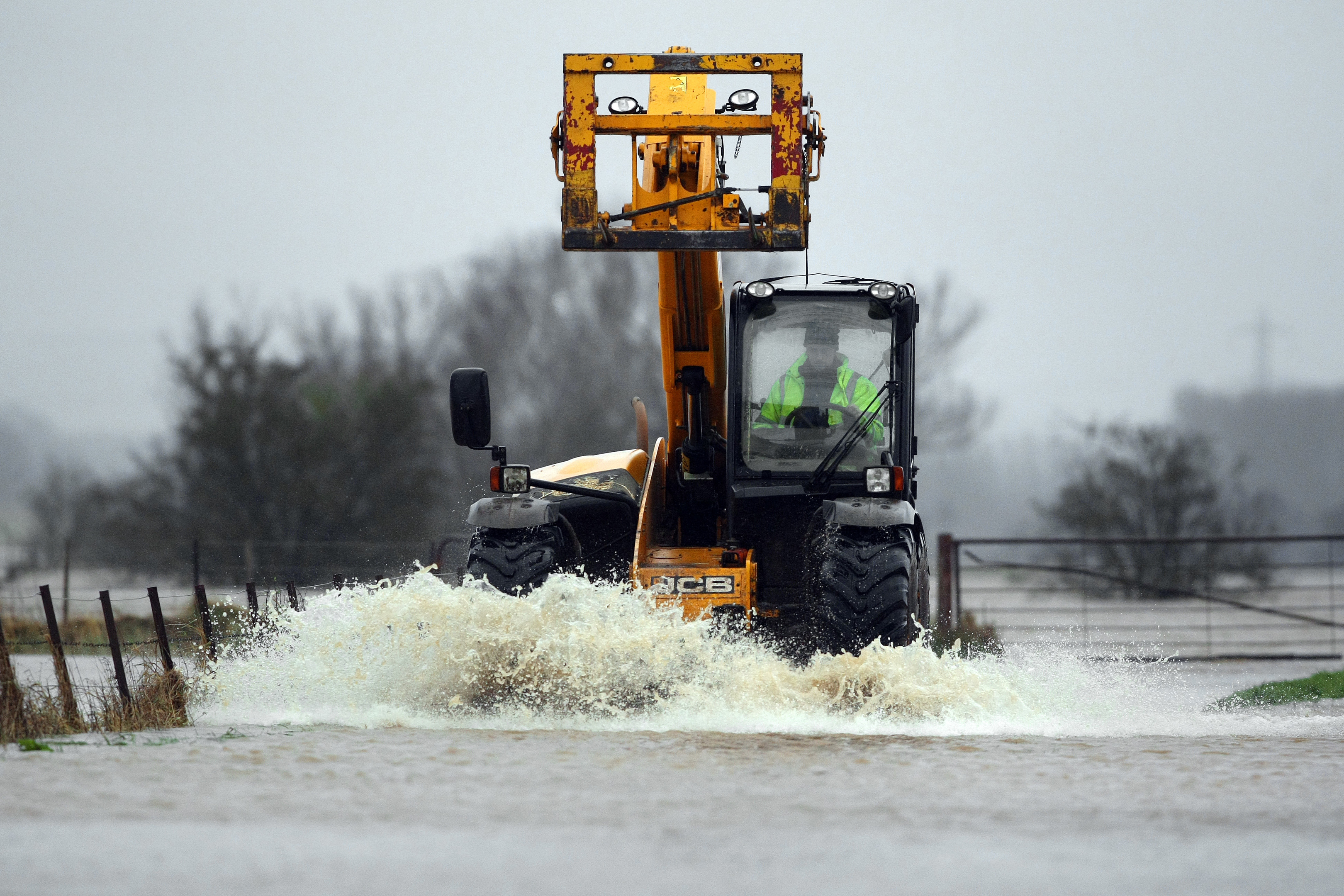Almost a year on from the devastating floods which destroyed infrastructure and left fields strewn with boulders and debris, vulnerable farmers are impatient to hear how they can protect their land this winter.
NFU Scotland vice-president Rob Livesey told a meeting in Edinburgh that there was a lot of frustration that flood prevention measures were not happening quickly enough, and claimed that the Scottish Environment Protection Agency (SEPA) was moving at too slow a pace to help the industry.
However behind the scenes it appears that arrangements are in motion for groups of farmers on the Ericht, Isla, Tay and other rivers to work together and share costs by making joint applications for catchment licences to conduct major works such as removing sediment and other obstacles on long stretches of waterway.
And SEPA’s water unit manager Peter Pollard has revealed that the Scottish Government is planning to consult shortly on a change to legislation which would remove the need for prior-authorisation on a range of measures, provided general binding rules are followed.
NFU Scotland deputy policy director Andrew Bauer said that if the changes were approved, it would mean it would no longer be necessary to pay £130 to register and seek approval for many measures such as removing sediment under bridges, putting pipes across rivers or small engineering works such as using willow and small rock armour in rivers to prevent banks being eroded.
Mr Bauer also insisted that considerable work was going on behind the scenes, but said only a few people knew about it as it was not yet at the point of delivery.
They include a network of demonstration farms which is being developed in partnership wtih SEPA , and a series of joint nationwide workshops to explain what farmers can do to mitigate flood risk. Other events for contractors will be held to bring them up to speed on the latest rules.
Some farmers whose land was under water last January praised SEPA for taking a more relaxed approach to agricultural issues.
Bob Strachan from Lochlands Farm near Blairgowrie said all the breaches in the river banks had been repaired and discussion about moving gravel was ‘ongoing’.
“The feeling is that SEPA is moving in the right direction and much more amenable than they were a year ago,” he said.
And Ian McLaren at Cronan Farm said Government grants had helped with repairs to holes in major flood defences.
He added: “The land has recovered and crops are growing on it again. All we can do now is keep the banks in good repair.”
Meanwhile SEPA’s Peter Pollard said a practical guide had been produced on how to best protect river banks and he encouraged anyone who had a farm in a flood warning area to sign up and use the free Floodline service.
nnicolson@thecourier.co.uk










